Climate Change
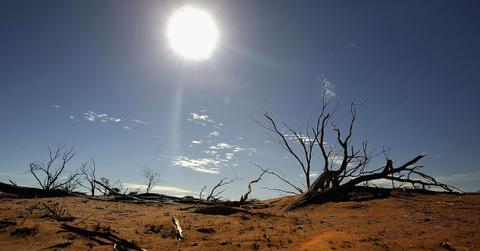
What Is Climate Change?
Climate change is a broad term referring to the various changes in climate patterns, weather, natural disasters, and more that have happened on Earth, namely since the end of the Industrial Revolution in the mid-19th century. The average global temperature has risen by about 0.8°C (1.4°F) since 1880, according to NASA, with about two-thirds of that rise occurring over the past several decades. The increase has only gotten more severe over the past decade.
What Causes Climate Change?
A variety of human activities cause greenhouse gas emissions, which cause the greenhouse effect, which causes the Earth’s surface to heat up, which causes the climate to “change.” Besides climate patterns, this all has also negatively impacted many other natural ecosystems on Earth.
Is Climate Change Real?
Yes.
What Is the Greenhouse Effect?
The greenhouse effect is how the Earth’s surface gets warmer. The sun’s rays naturally warm the planet’s atmosphere, and some of that is naturally reflected back into space. But when there are increased greenhouse gases in the atmosphere, the greenhouse gases trap some of the sunlight and absorb it into the Earth’s surface.
What Causes Greenhouse Gas Emissions?
Greenhouse gas emissions are one of the greatest contributors to climate change. As detailed by the EPA, here’s a breakdown of global emissions by economic sector, based on the Intergovernmental Panel on Climate Change’s (IPCC) data from 2010:
Electricity and heat production, 25 percent: This mostly comes from the burning of fossil fuels like coal, natural gas, and crude oil to be used for electricity and heat.
Agriculture, forestry, and other land use, 24 percent: This comes from animal agriculture, the cultivation of crops, and deforestation. So many crops must be grown to feed livestock, before the animals are turned into meat, dairy, and eggs, which is one reason why diets filled with animal products have higher environmental impacts.
Industry, 21 percent: This sector comes from fossil fuels being burned for energy, and for the production of plastic products
Transportation, 14 percent: Transportation’s impact comes from fossil fuels being burned for all forms of transportation, including cars, buses, airplanes, trains, and ships.
Buildings, 6 percent: Building emissions come from burning fuels for heat and electricity.
Other energy, 10 percent: The remaining 10 percent of emissions comes from other things like fuel extraction, refining, and transportation.
Is Climate Change Caused By Humans?
Yes. As seen in the above breakdown, most global greenhouse gas emissions come directly from human activities, such as extracting and using fossil fuels, raising livestock, and more.
What Is Global Warming?
Global warming is the long-term average temperature rise of the planet that has been going on for at least a century, but most significantly over the past few decades, as a result of fossil fuel emissions and greenhouse gas emissions.
Climate Change vs. Global Warming
Global warming is basically just one big part of climate change. Climate change encompasses plenty of other disastrous things besides the Earth’s rising temperatures, such as sea levels rising, destruction of ecosystems, ice mass loss, and natural disasters, as per NASA.
What Is the Paris Agreement?
The Paris Agreement, also known as the Paris Accord, is an agreement organized by the United Nations and signed by nearly every country on Earth in 2016. As set by the Paris Agreement, there is now a worldwide goal of keeping the global temperature rise below 2°C (or ideally below 1.5°C) from pre-industrial levels. Keeping the temperature from rising more than that would help mitigate the impact of the climate crisis.
How Will the Paris Agreement Help With Climate Change?
In order to maintain the Paris Agreement’s goal, countries, states, and cities are encouraged to increase their efforts to reduce emissions. Various locations around the world have passed bills with goals for carbon neutrality or to reduce greenhouse gas emissions.
For example, New York City has a goal of achieving a 40 percent reduction in greenhouse gas emissions by 2030, and to achieve carbon neutrality by 2050; and Chicago pledged to power all of its buildings on renewable energy by 2035, and to include its bus fleet in that by 2040.
What Are Other Climate Change Solutions?
In addition to legislators setting laws to curtail emissions, we will need large corporations to make changes that will make a difference. Large companies hold so much power, and if a company makes a change like changing their plastic packaging to a more sustainable material, powering their vehicles with more electric energy, or replacing animal products with plant-based ones, they can make an enormous impact.
To help get the ball rolling on your community passing bills, or on corporations instituting new policies, you can write to your local legislators or to companies with your requests and support.
How Are Scientists Curbing Climate Change?
Scientists have plenty of ideas and methods to curb the climate crisis. Many scientists believe the reforestation of the Earth, aka planting mass quantities of trees, could significantly help. That’s because trees absorb CO2, which is a greenhouse gas, from the atmosphere.
The late scientist Wallace Smith Broecker, known for popularizing the phrase “global warming,” has suggested scientists start seriously looking into geoengineering as a means of saving the Earth from the climate crisis. According to the University of Oxford's Geoengineering Programme, geoengineering is "the deliberate large-scale intervention in the Earth’s natural systems to counteract climate change."
How Can I Help Climate Change?
There are so many lifestyle changes that we can make on personal levels to reduce our individual contributions to climate change. The most important thing conscious citizens can do is stop contributing to the animal agriculture industry adopt a vegan diet. A study by the University of Oxford studied the environmental impact of livestock, and found that animal products are responsible for so many more environmental problems than you may think.
“A vegan diet is probably the single biggest way to reduce your impact on planet Earth, not just greenhouse gases, but global acidification, eutrophication, land use and water use,” Oxford researcher Joseph Poore explained, according to The Guardian. “It is far bigger than cutting down on your flights or buying an electric car.”
Additionally, you can take steps toward a zero-waste or low-impact lifestyle by reducing your consumption of single-use plastic.
Can Climate Change Be Reversed?
The more that governments, corporations, and consumers start taking the climate crisis seriously, the closer we will get to keeping the global temperature from rising to dangerous levels. While awareness is certainly rising, so is the global temperature. But hopefully, with the effort of people all over the world, the global temperature rise will slow down.
How Does Climate Change Affect Us?
Climate change has plenty of impacts on society. Extreme weather and natural disasters can destroy homes and injure or even kill humans. Additionally, poor air quality, which is related to climate change, can affect human health. Not to mention, soil and groundwater is polluted in various regions all over the world, and that can also affect food supply. As we as a society work to reduce things that are bad for the planet such as animal agriculture, deforestation, single-use plastic, fossil fuels, and excessive use of pesticides, things like pollution and natural disasters mya become less prominent.
Photo source: Ian Waldie/Getty Images
Latest Climate Change News and Updates
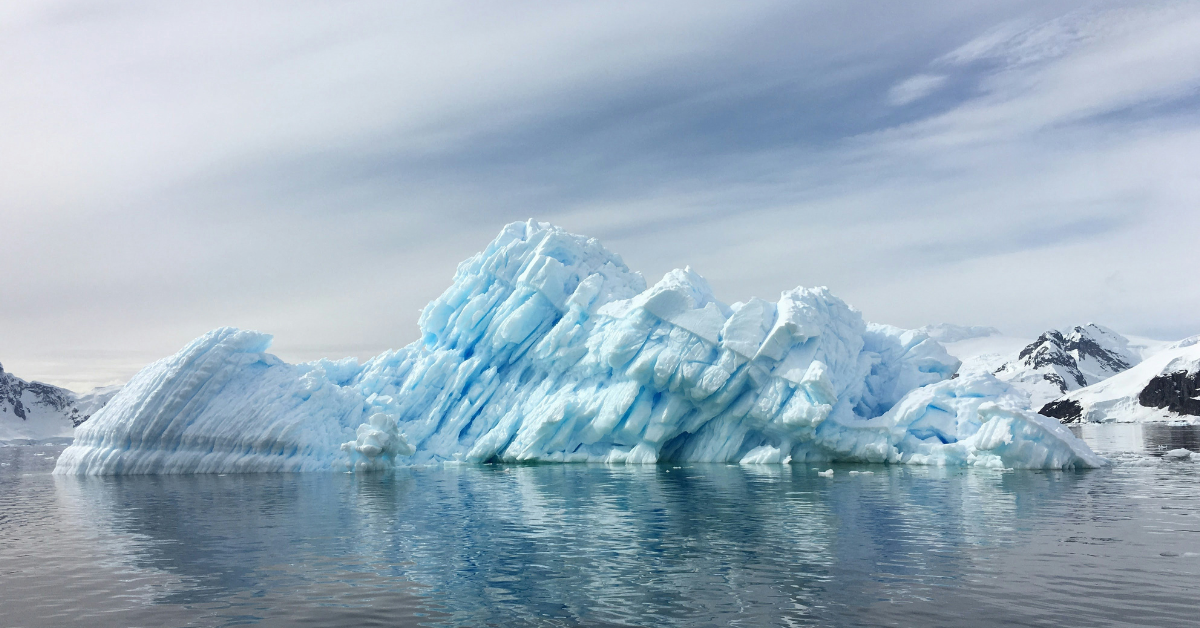
Experts Say the Doomsday Glacier Is Sending Us an Important Message About Our Future
Satellite images have offered scientists an update on the status of the Doomsday Glacier, which they say indicates sea levels are on the rise.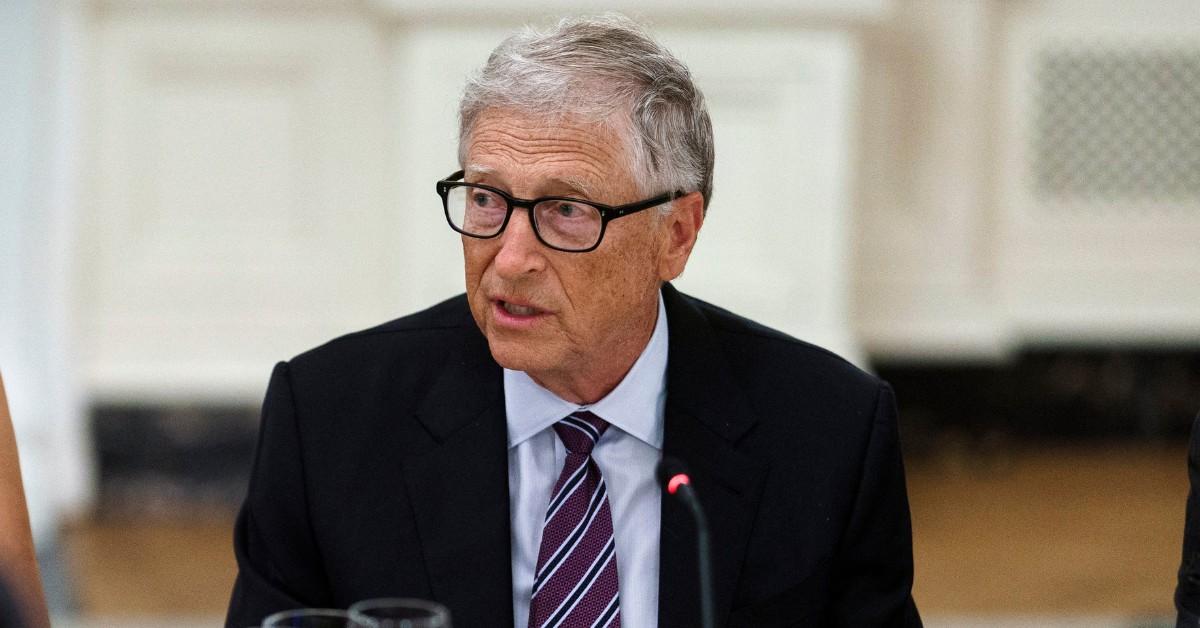
Bill Gates Shares a Controversial Take on Climate Change
What is Bill Gates' take on climate change? The Microsoft co-founder wrote a 17 page memo about how he thinks we should target global efforts.
Climate Change May Be Causing an Increase in Legionnaires Disease Outbreaks
Climate change may be causing more Legionnaire disease outbreaks, increasing case numbers and causing more widespread infections of the disease.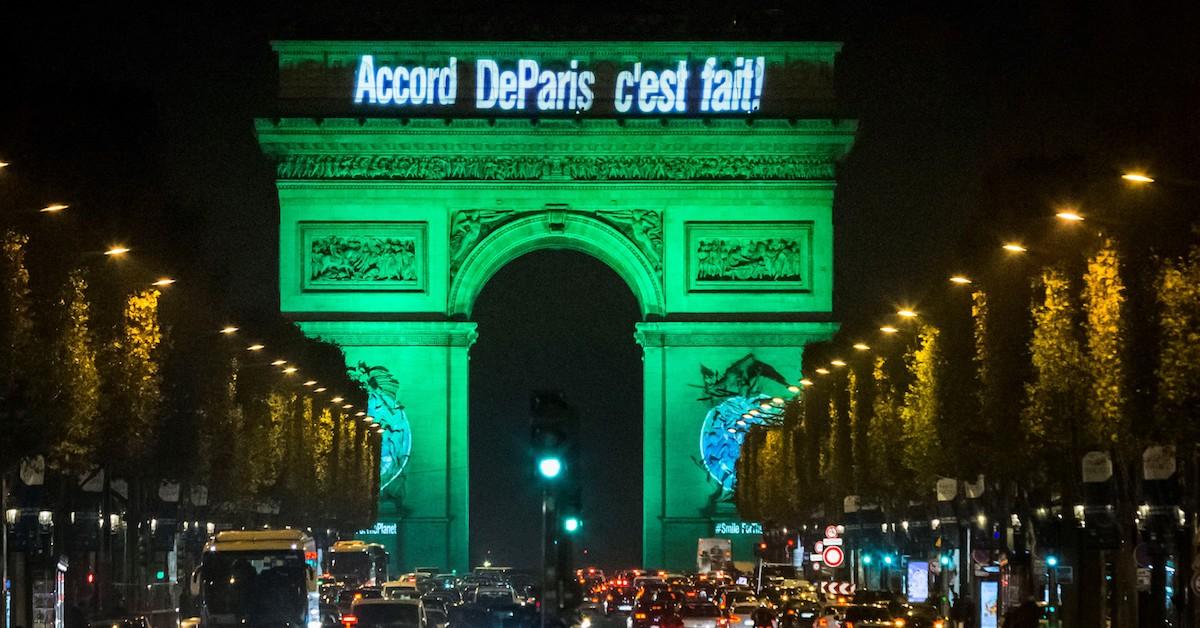
What Is the Paris Agreement? Everything You've Been Wondering About the Landmark Climate Accord
The Paris Agreement is an important agreement signed by countries all around the globe in 2016 — here's what it entails.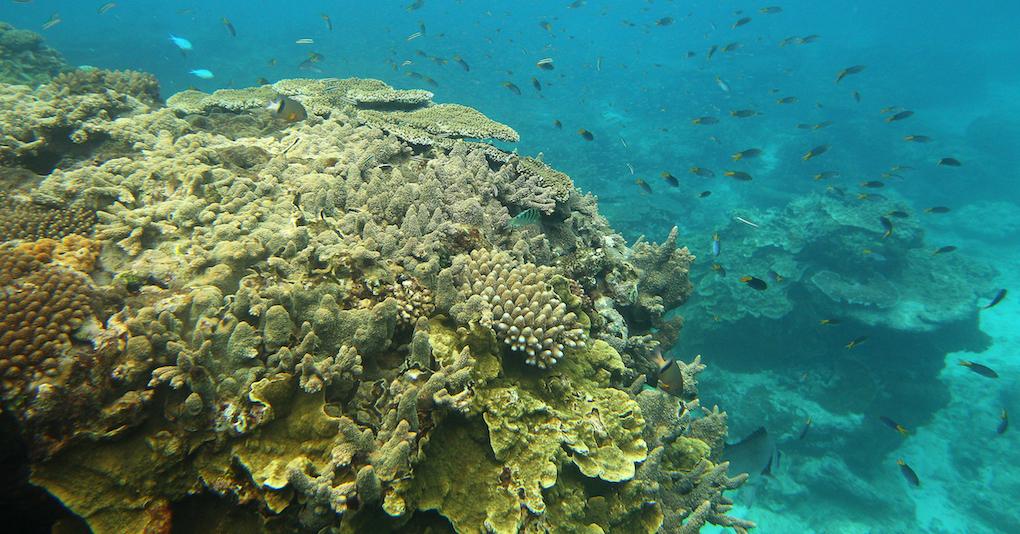
A Portion of the Great Barrier Reef Has Lost Over One Third of Its Coral — Details
What is happening to the Great Barrier Reef, exactly? Data shows how climate change has contributed to coral bleaching.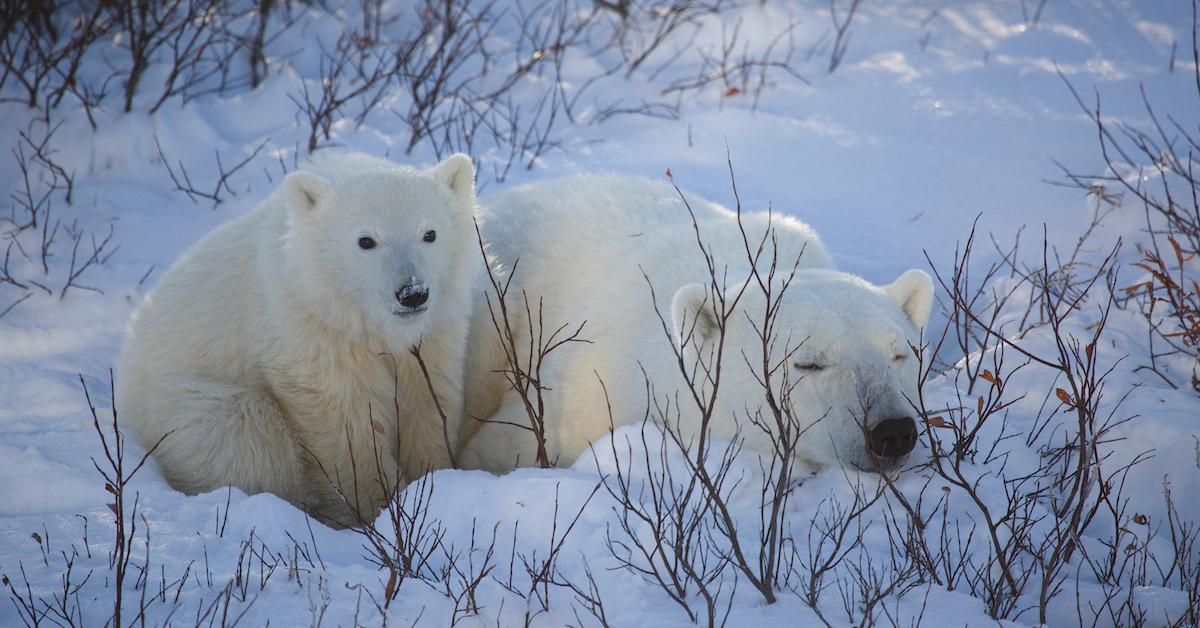
Polar Bear Week 2024: How to Help Protect Polar Bears From Climate Change
Polar Bear Week falls during the annual polar bear migration — here are all the details on the 2024 holiday.
Viral Photos Taken From Swiss Glaciers Highlight Undeniable Effects of Climate Change
A couple shares their experience standing in the same spot 15 years apart, highlighting the damage climate change is doing glaciers in Switzerland.
Climate Change-Induced Temperatures Turn up the Heat In "Urban Heat Islands"
What is an urban heat island? A 2021 study shows that the BIPOC community is disproportionately affected by heat waves hitting cities worldwide.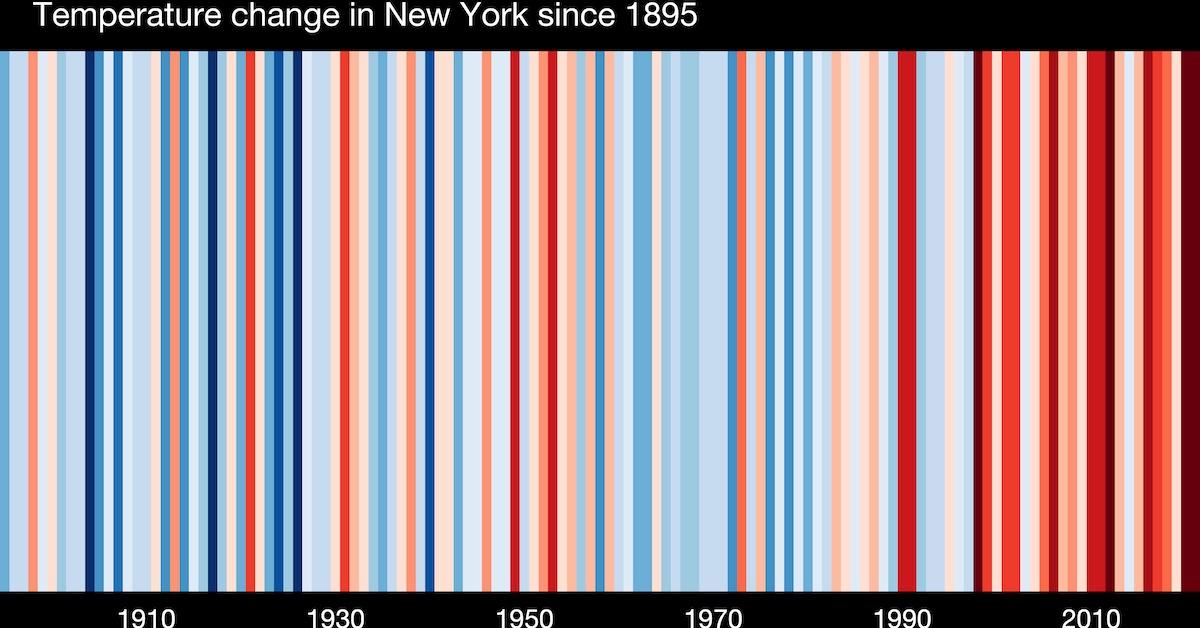
#ShowYourStripes Day Highlights How Disturbingly Global Temperature Has Risen
Show Your Stripes Day is an annual holiday that visually explains just how sharply the planet's average temperature has increased.
One Woman's Beach Stroll Turned Terrifying When She Was Pulled Into Quicksand
A woman was picking up garbage while strolling along a Maine beach when she was sucked into a pit of quicksand.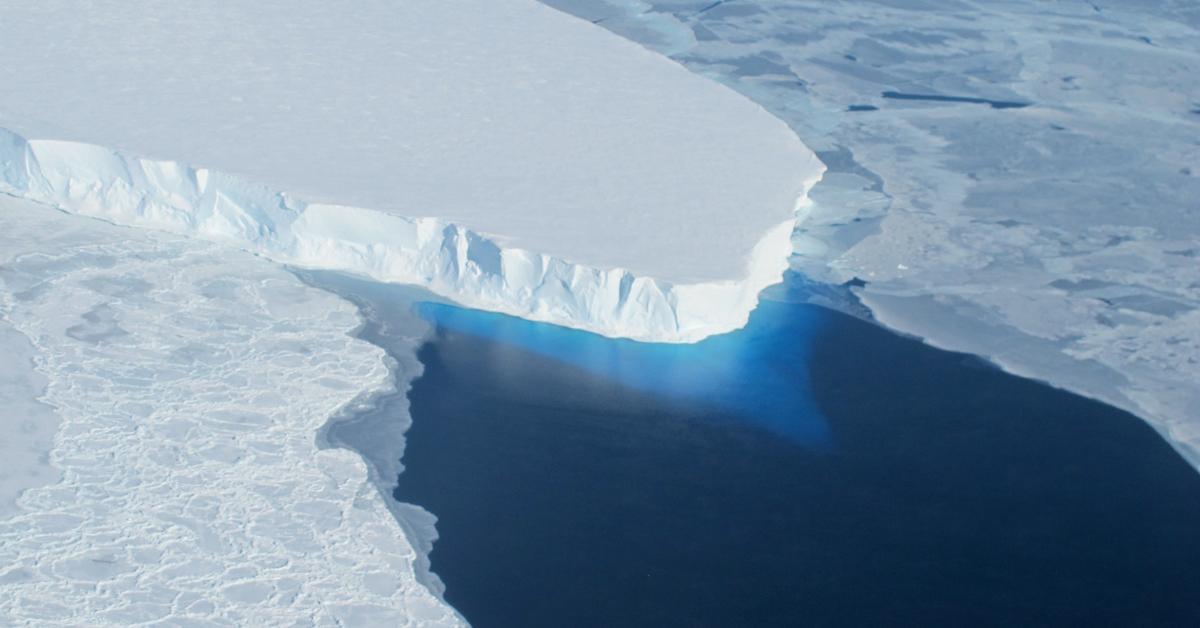
The "Doomsday" Glacier is Melting Faster Than Anticipated: What to Know
The Thwaites Glacier, known as the "Doomsday" glacier for the catastrophe it will unleash if it melts, has been melting since the 1940s.
Are the Paris 2024 Olympics Saying Au Revoir to Environmental Neglect? Details on the Olympic Village
The Paris 2024 Olympic Village has been deemed a do-good "eco-neighborhood," but what is the real environmental impact of the Olympic Games?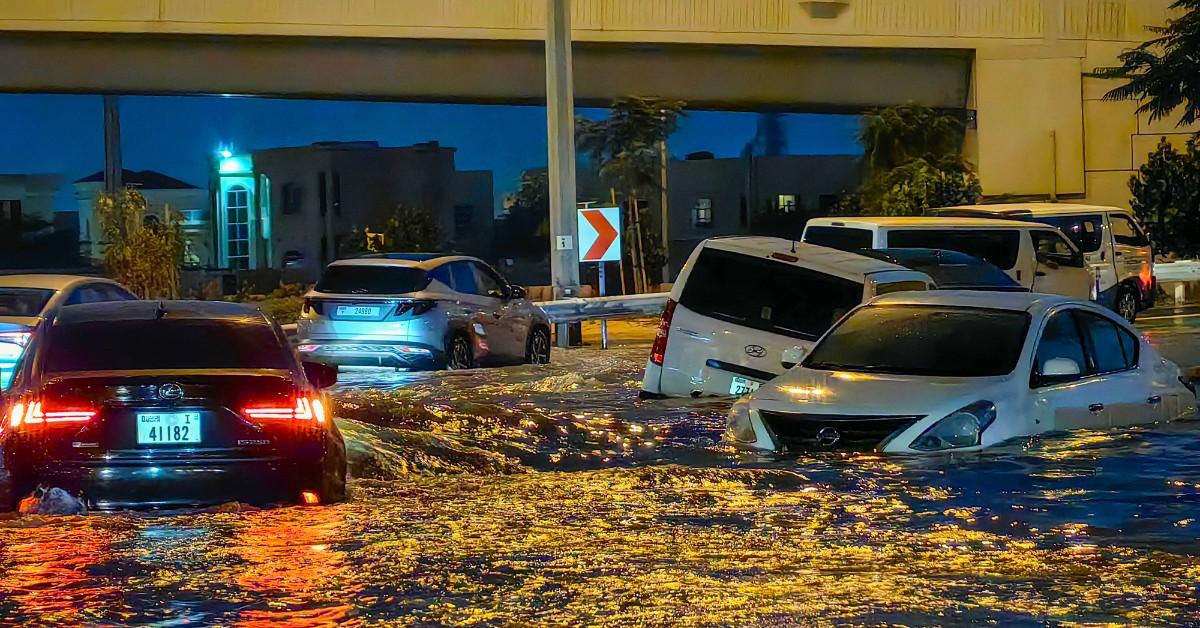
What Is Behind the Excessive Rain and Flooding in Dubai?
Climate change is behind torrential downpours and unusual flooding in the normally arid Dubai.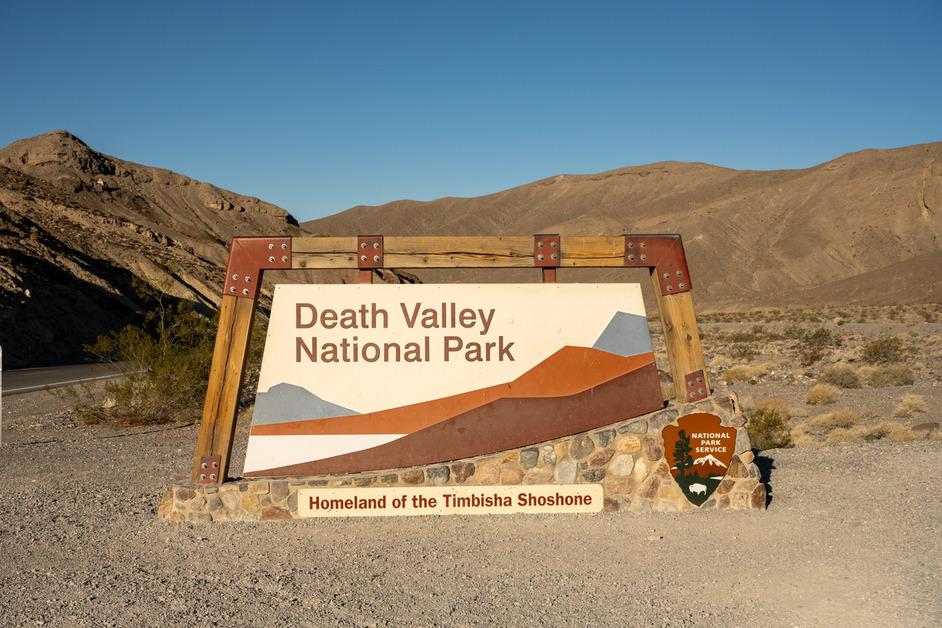
The Hottest Place on Earth Could Be Getting Hotter
Death Valley, in California's Mojave Desert, is home to the highest temperature recorded on planet Earth — and global warming is only making it hotter.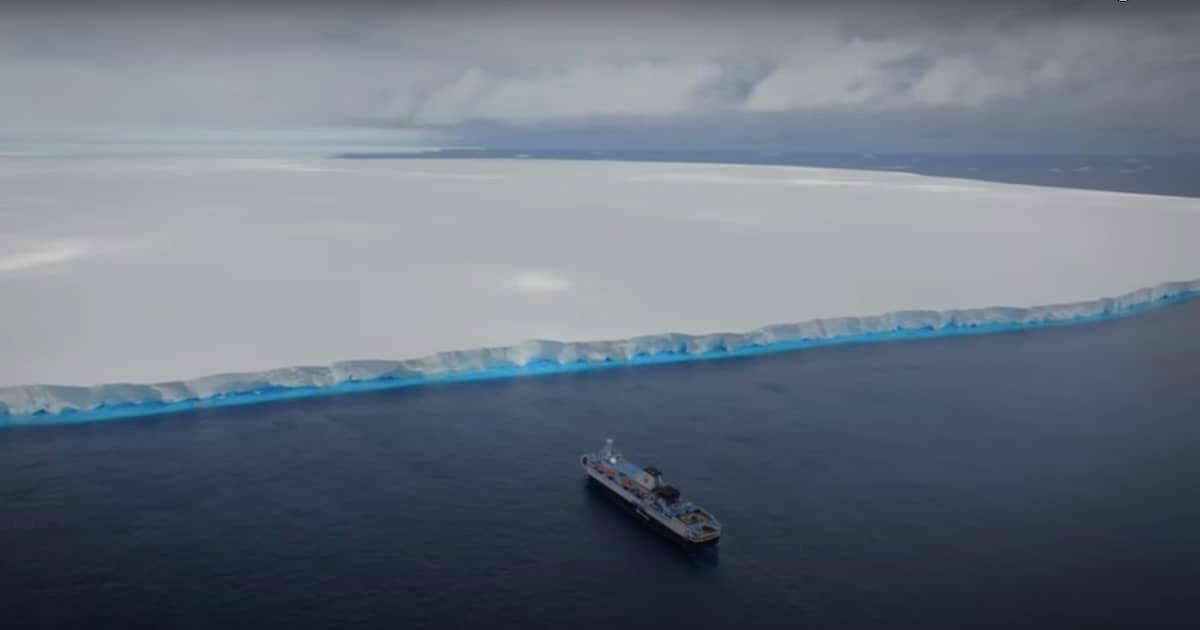
Antarctica Iceberg A23a Is on the Move Again (and It Doesn’t Bode Well)
Antarctica's iceberg A23a is on the move after more than three decades of being stuck to the ocean floor. Here’s what this means.
In 'Arctic Ascent,' Alex Honnold Climbs the "Scariest Wall" He's Ever Seen (Exclusive)
Green Matters spoke exclusively with Alex Honnold about Nat Geo's 'Arctic Ascent With Alex Honnold,' which chronicles his climb of Ingmikortilaq, Greenland and highlights climate research.
Mark Zuckerberg Dragged for Proudly Eating a Cow He Raised on His Hawaii Ranch
Mark Zuckerberg is raising and eating his own cows, and the internet is ablaze with criticism of him, considering beef's high environmental footprint.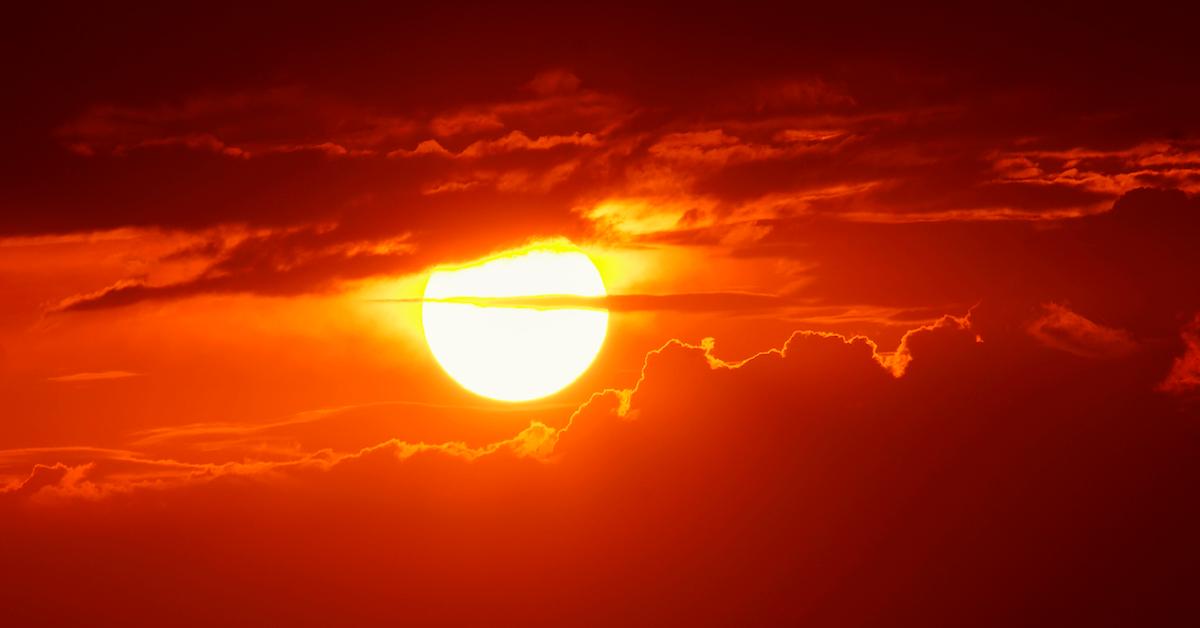
What Are Solar Flares and Are They Dangerous?
The term “solar flares” conjures up images of annihilation for some, but they are actually intense bursts of radiation in the sun's atmosphere.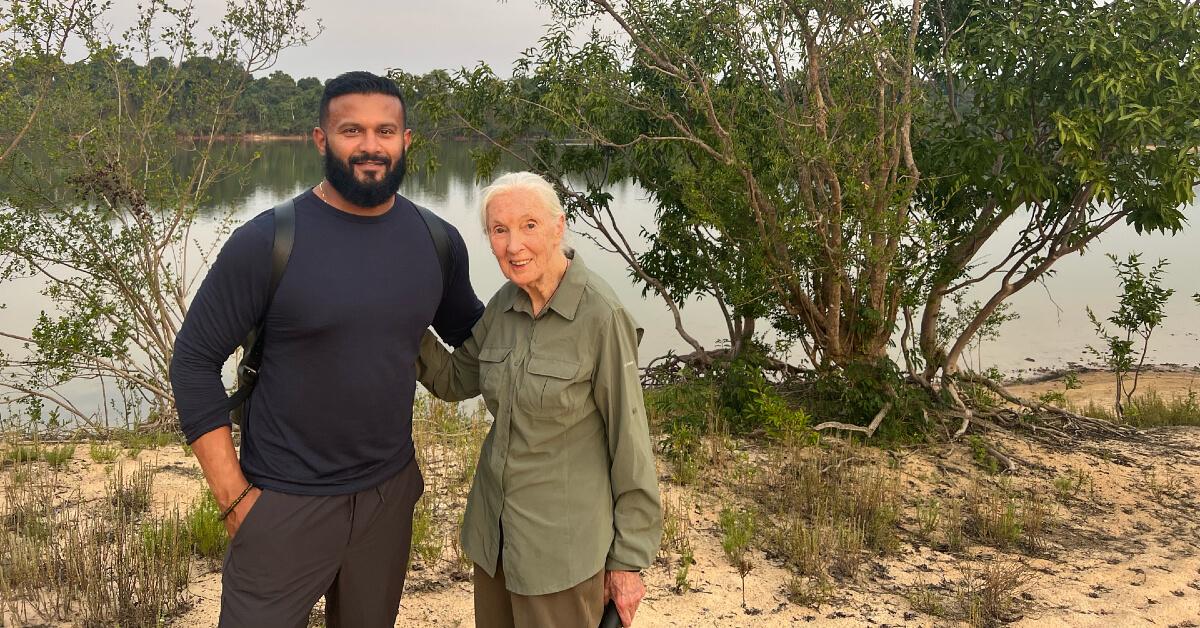
Why Jane Goodall and Dax Dasilva are Working With Indigenous Youth in the Amazon Rainforest (Exclusive)
In conversation with Green Matters, conservationist Dax Dasilva spoke about his Roots & Shoots collaboration with renowned ethologist Dr. Jane Goodall.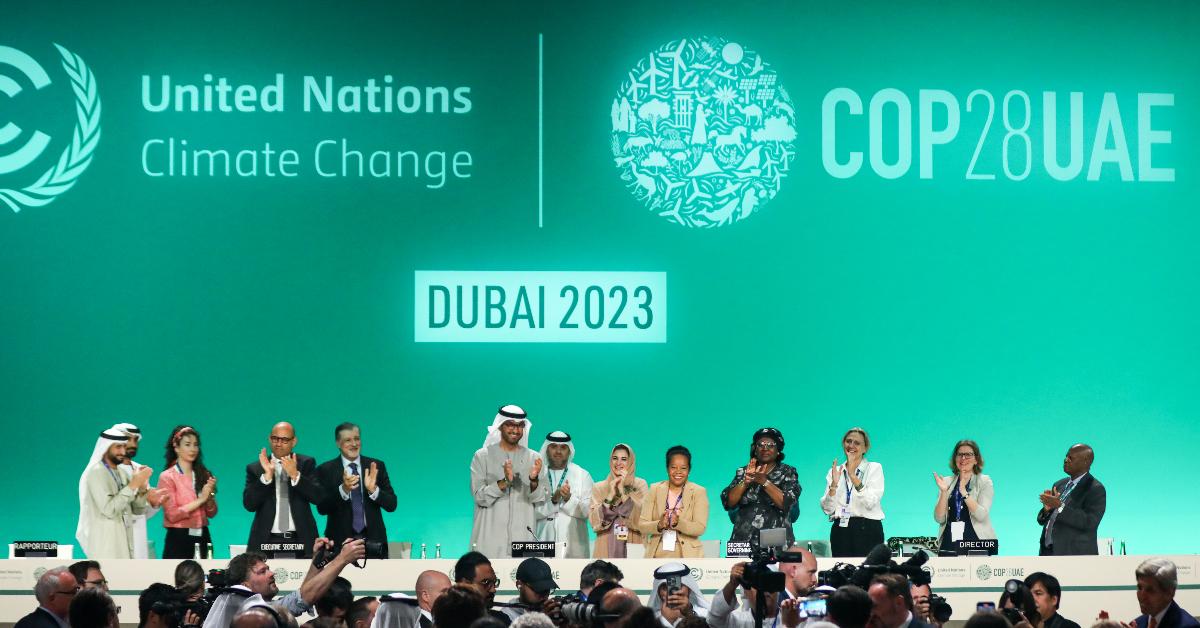
At End of COP28, 170 Countries Sign Agreement to Transition Away From Fossil Fuels
The key takeaways of COP28 point to fuzziness and loopholes concerning fighting the climate crisis — though the conference's major climate deal provides a glimmer of hope.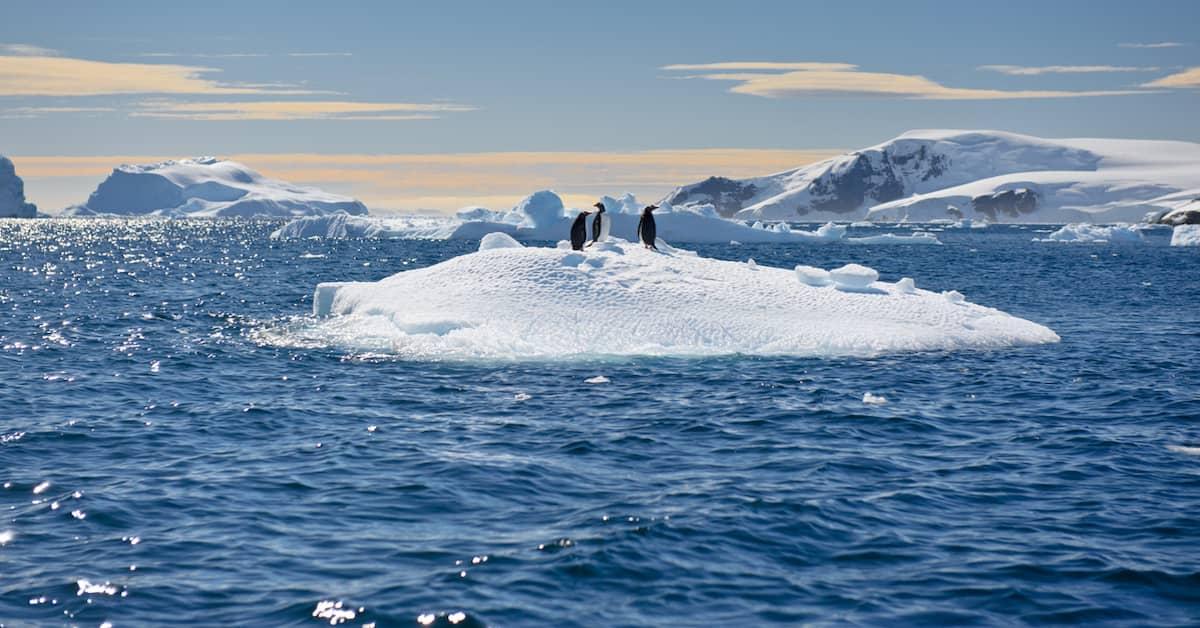
Scientists Look to Penguin Skeletons for Clues About the Climate Crisis
Scientists are studying penguin skeletons to learn about the climate. Here's what this fascinating species says and why humans must listen up!
COP28 President Says There's "No Science" That Connects Fossil Fuels to Reducing Global Warming
The president of COP28, Sultan Al Jaber, made a controversial statement that reducing fossil fuels will not help in reaching future climate targets.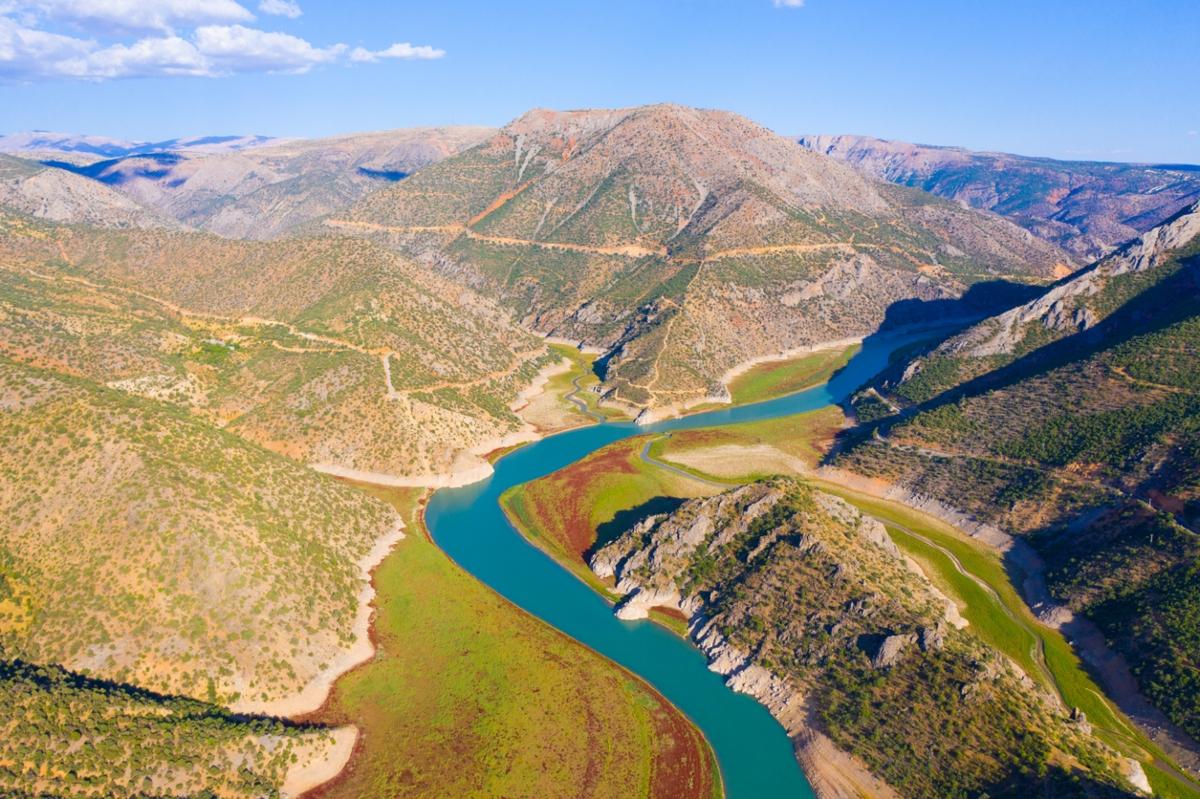
Climate Change Is Drying Up the Euphrates River, Threatening Civilizations
The Euphrates River drying up will be detrimental to cultures in multiple Middle Eastern countries.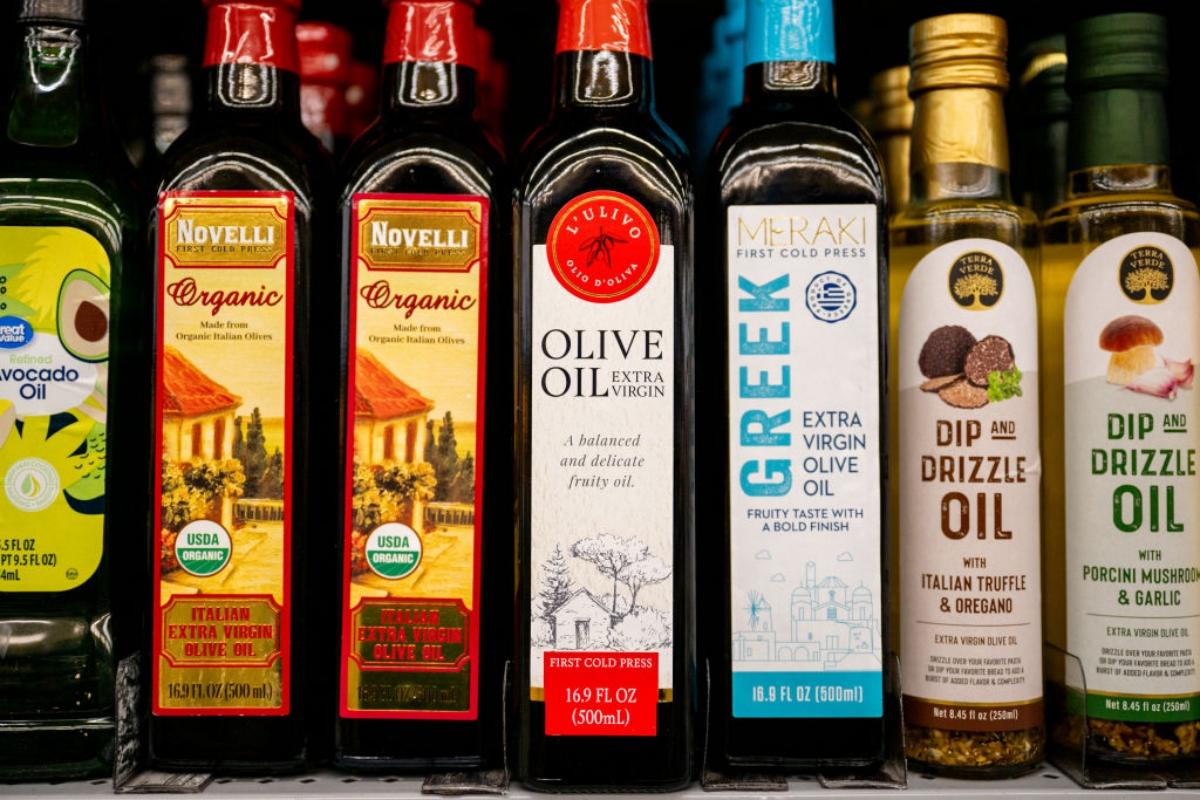
Spain's Drought Is Causing Olive Oil Prices to Skyrocket
Thanks to climate problems like drought and storms in Spain two years in a row, olive oil supplies are down and prices are up.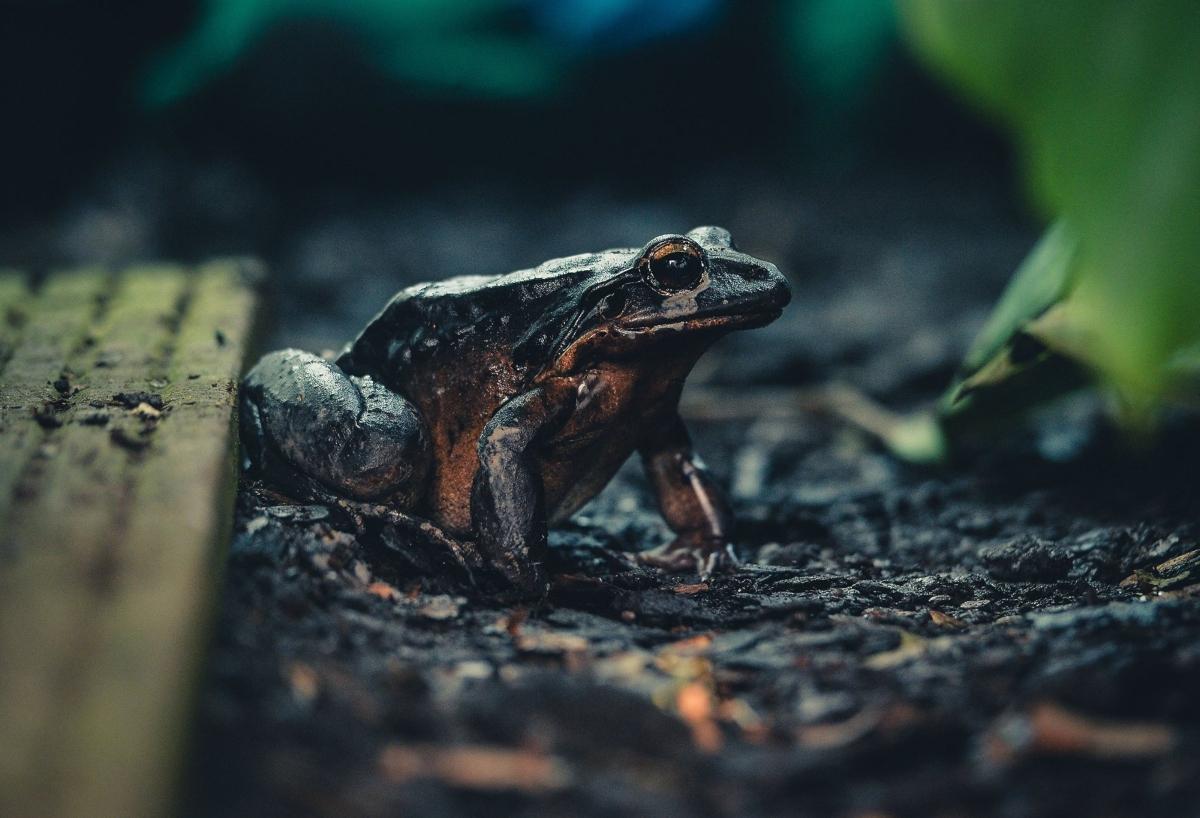
Mountain Chicken Frog Is Going Extinct, With Just 21 Remaining in the Wild
Researchers concluded that only 21 mountain chicken frogs remain in the wild, and climate change has been a major factor in the species' decline.
Beer Lovers Have a New Reason to Fear Climate Change
The quality and taste of beer is changing due to global warming's impact on the growing season for hops, the key ingredient to beer's taste.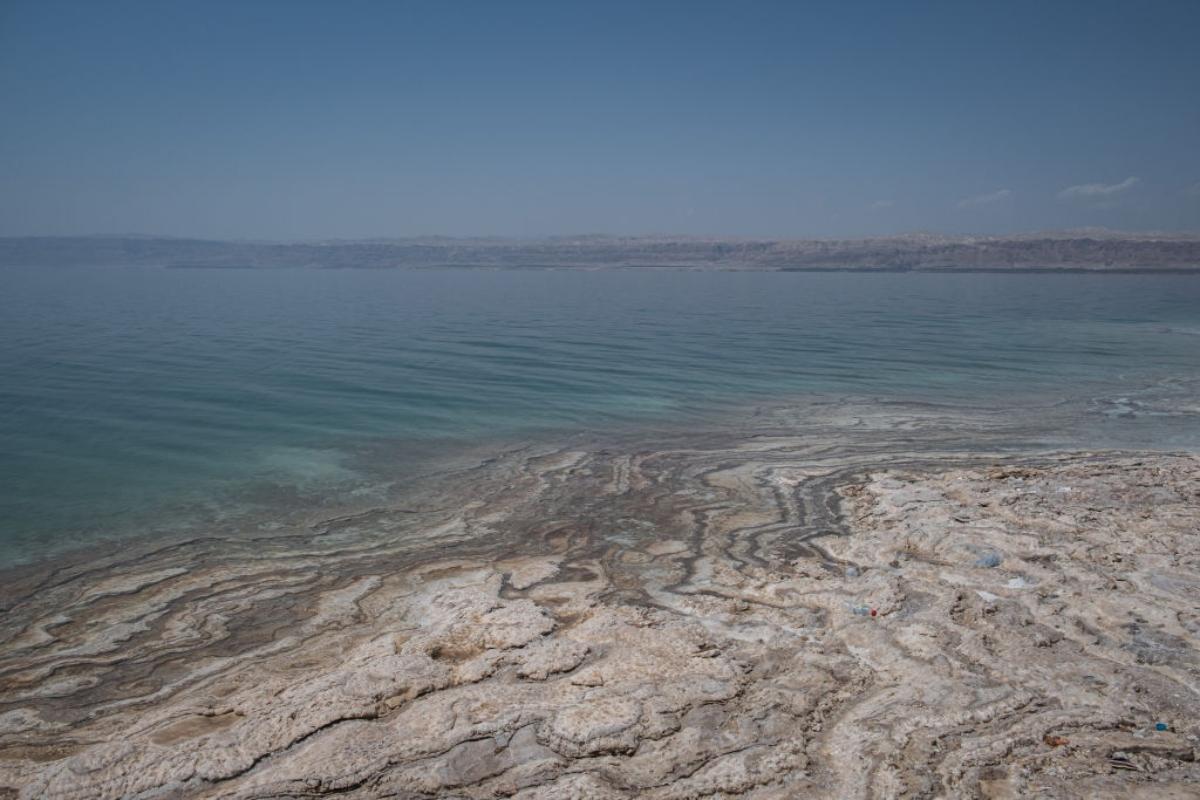
Climate Change and Other Problems Are Causing the Jordan River to Dry Up
Climate change is affecting water levels worldwide and impacting the flow of major rivers like the Jordan River. Here's a look into why water levels are so low.
Fact Check: Is Bill Gates Cutting Down 70 Million Acres of Trees?
Claims are circulating that Microsoft founder Bill Gates supports chopping down 70 million acres of trees, but the truth is more complicated.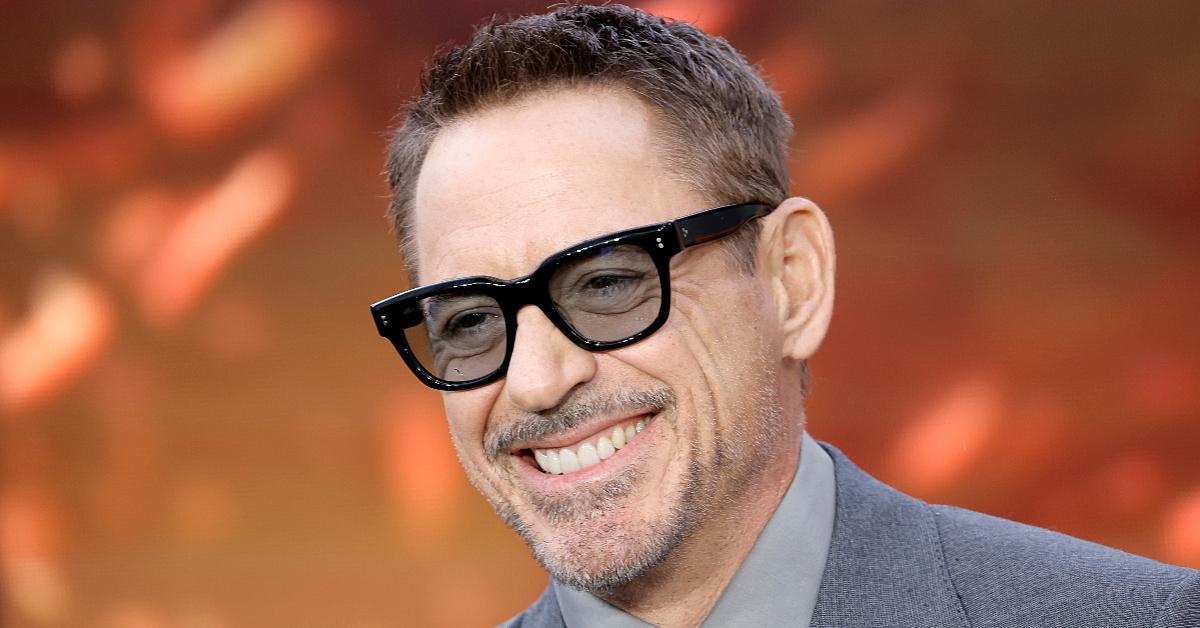
Robert Downey Jr.'s Mission to Fight Climate Change Continues With Book 'Cool Food'
You may know him as Iron Man, but Robert Downey Jr. is a real-life superhero, one who's tackling climate change via plant-based and technology-driven initiatives.
This Teen Is Suing Her Home State in the Historic 'Held v. Montana' Climate Change Case (Exclusive)
We spoke with 'Held v. Montana' teen plaintiff Taleah Hernández and attorney Nate Bellinger to learn more about the case.
Meteorologist Puts Heat on Fossil Fuel Companies by Naming Heat Waves After Them
Some heat waves are being named after fossil fuel companies by meteorologist Guy Walton.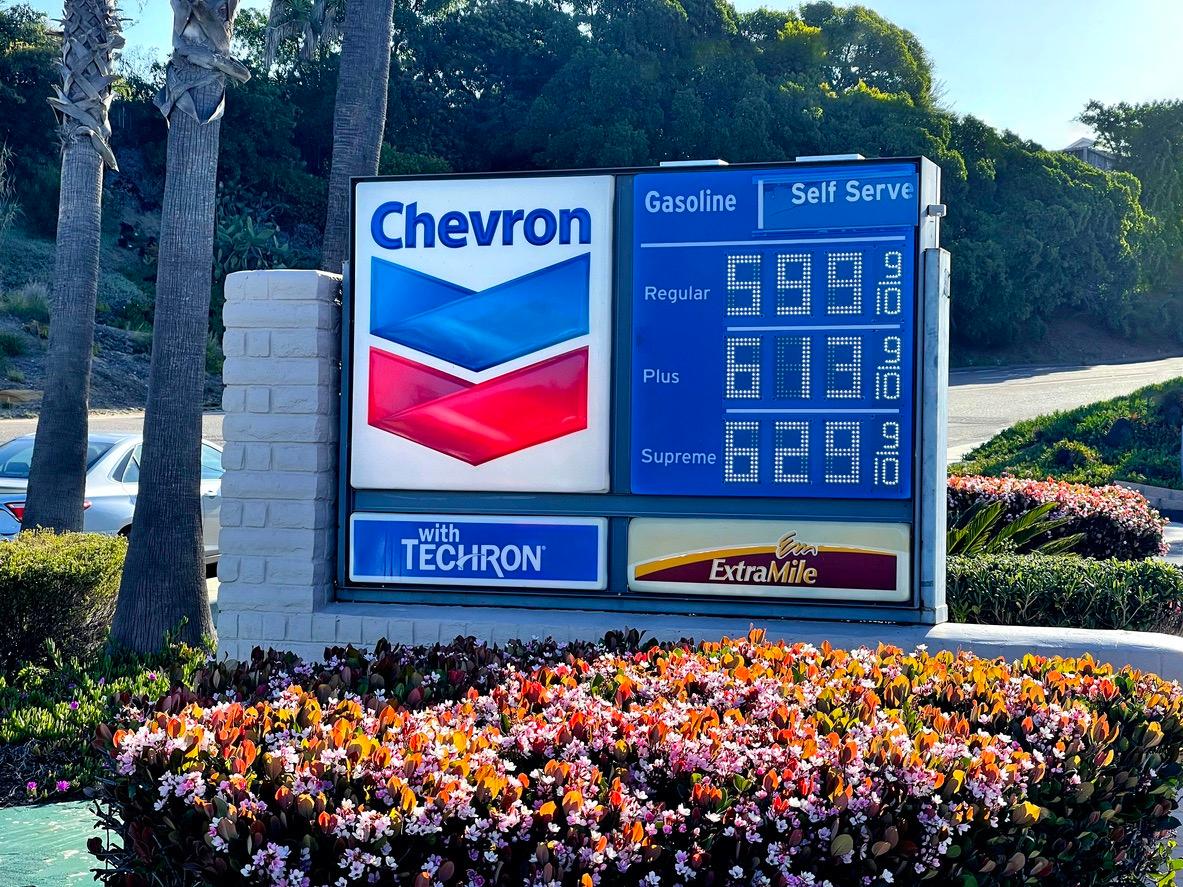
Gas Prices Are Going up Again, After a Summertime Slump — Here’s Why
Rising gas prices have to do with OPEC+ production cuts, supply and demand, and even the hot summer weather — here's a closer look.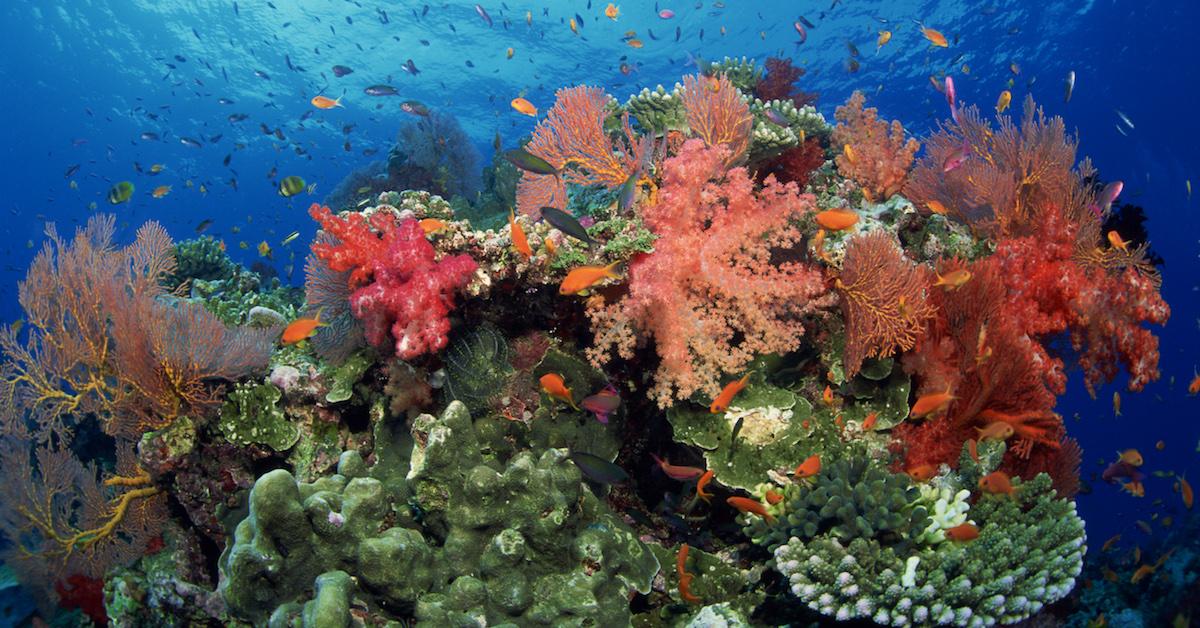
Coral Reefs Are Essential to a Thriving Ecosystem — Here Are the Ways They Help
Coral reefs play an essential role in our delicate ecosystem. But why are they so important? Here's what you need to know.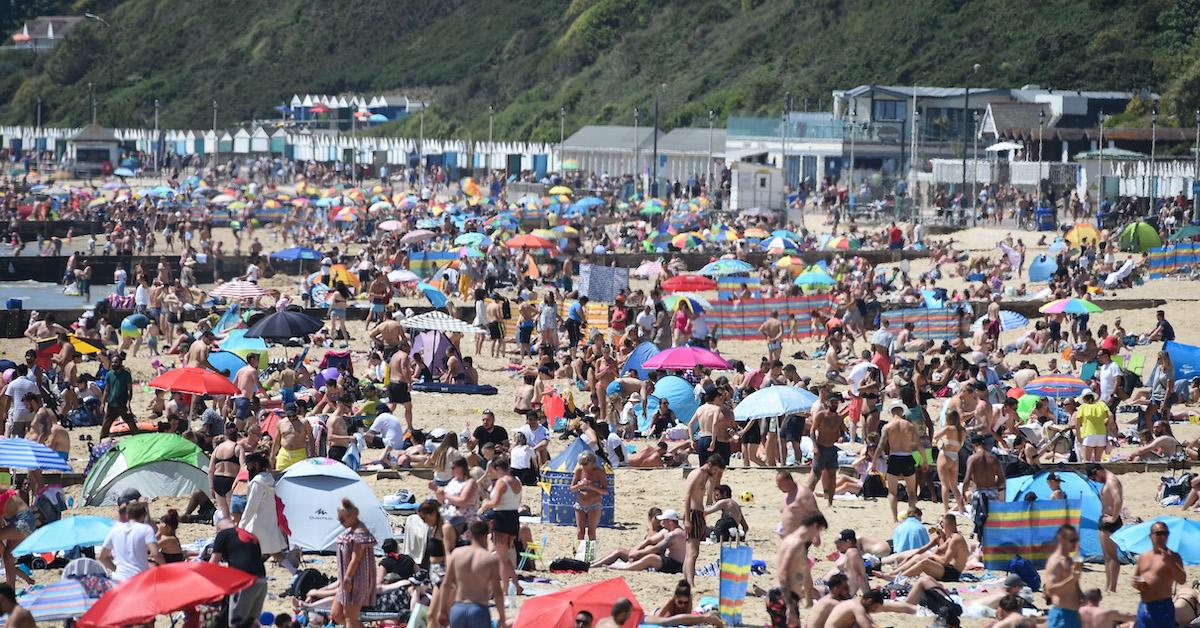
Here's Why You Feel Sleepy After Being in the Sun — and Why Your Body Needs the Rest
Everyone loves a cozy catnap in the sunshine, but why does being in the sun make us so tired? Here's what you need to know.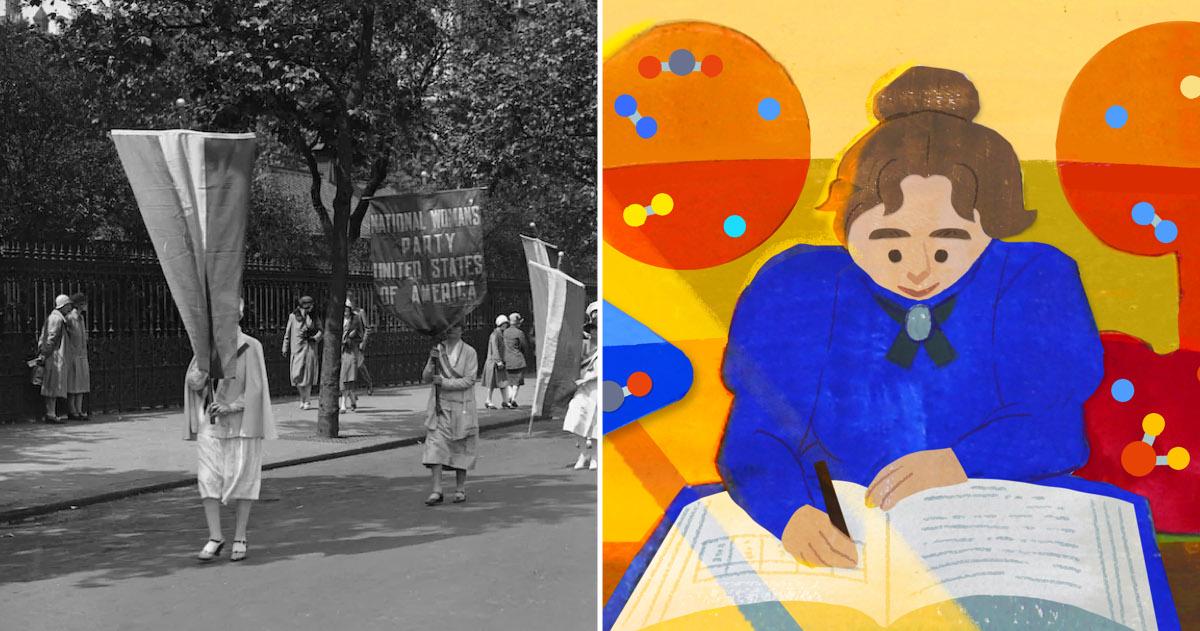
Legendary Climate Scientist and Suffragette, Eunice Newton Foote, Has Her Own Google Doodle
Who was Eunice Newton Foote? The legendary climate scientist actually discovered climate change in the 1800s, long before it was publicized.
How Climate Change Led to the Sriracha Hot Sauce Shortage
There is a serious sriracha sauce shortage — here's what you need to know.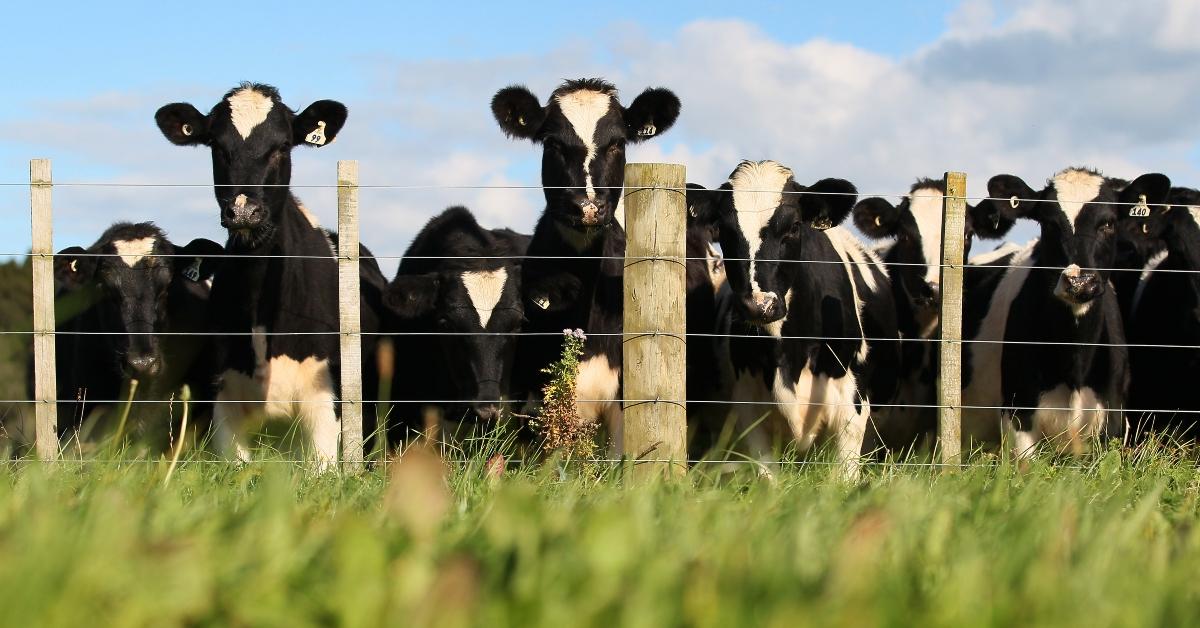
California Man Sentenced to Six Years In Cow Manure Ponzi Scheme
A California man was sentenced to prison for a cow manure Ponzi scheme that bilked investors out of almost $9 million.
Snow Is Turning Pink in the West: The Scientific Phenomenon of Watermelon Snow
There have been reports of pink snow on the mountains in the Western U.S. Where does it come from?
Lab-Grown Meat Can Officially Be Sold in U.S., Thanks to USDA Approval
Lab-grown meat is one step closer to your dinner table, since the USDA has approved cultivated meat from two brands.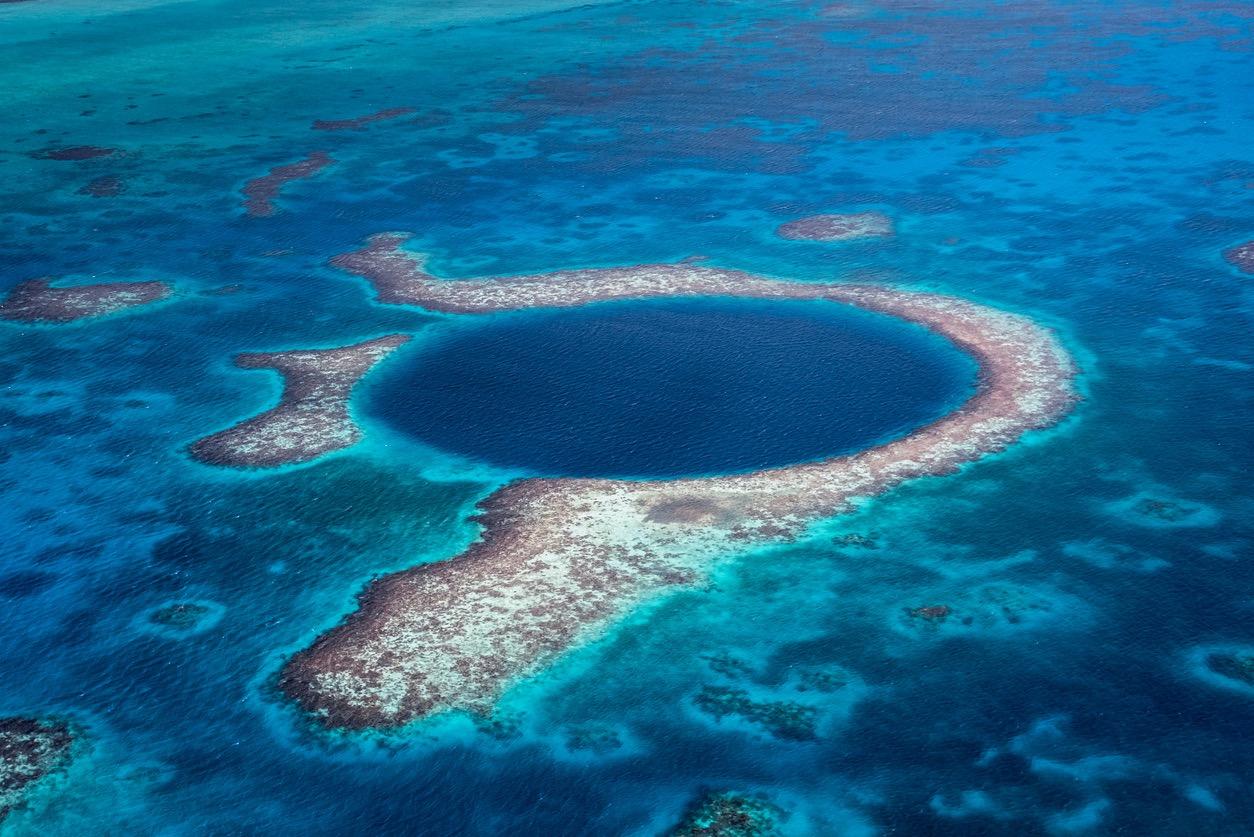
Scientists Are Totally Mystified by These Black Holes in the Ocean
Yes, there are black holes in the ocean — aka ocean eddies. Stick around to learn about some of the most notable ones.
Peter Singer's 'Animal Liberation Now' Adds Climate Change Discourse to His Seminal 1975 Book (Exclusive)
We spoke with Peter Singer about 'Animal Liberation Now,' the revised version of his 1975 book 'Animal Liberation.'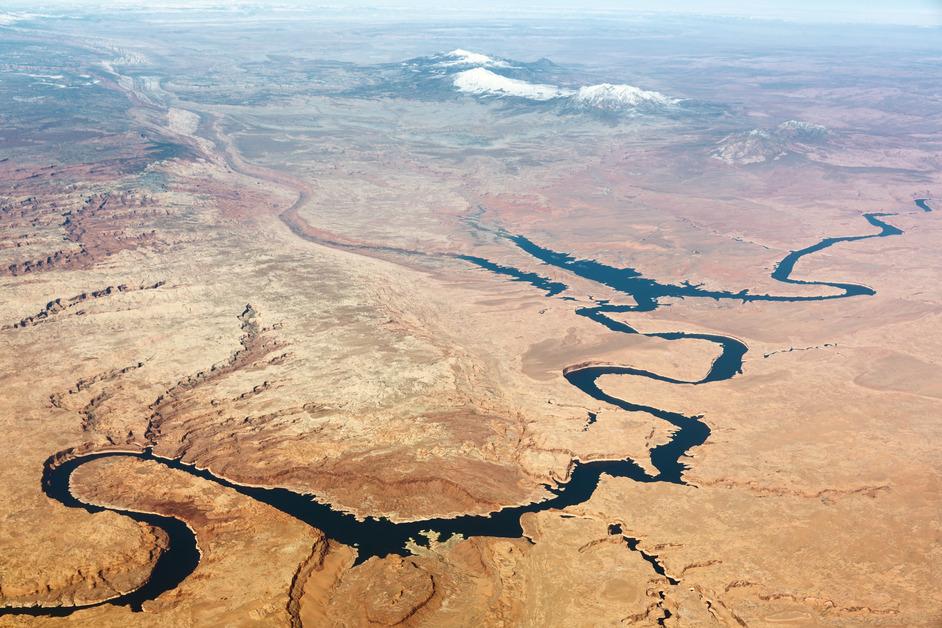
Droughts Are Drying up the Colorado River Basin
The Colorado River Basin supplies water to over 40 million people, but climate change could put it all at stake.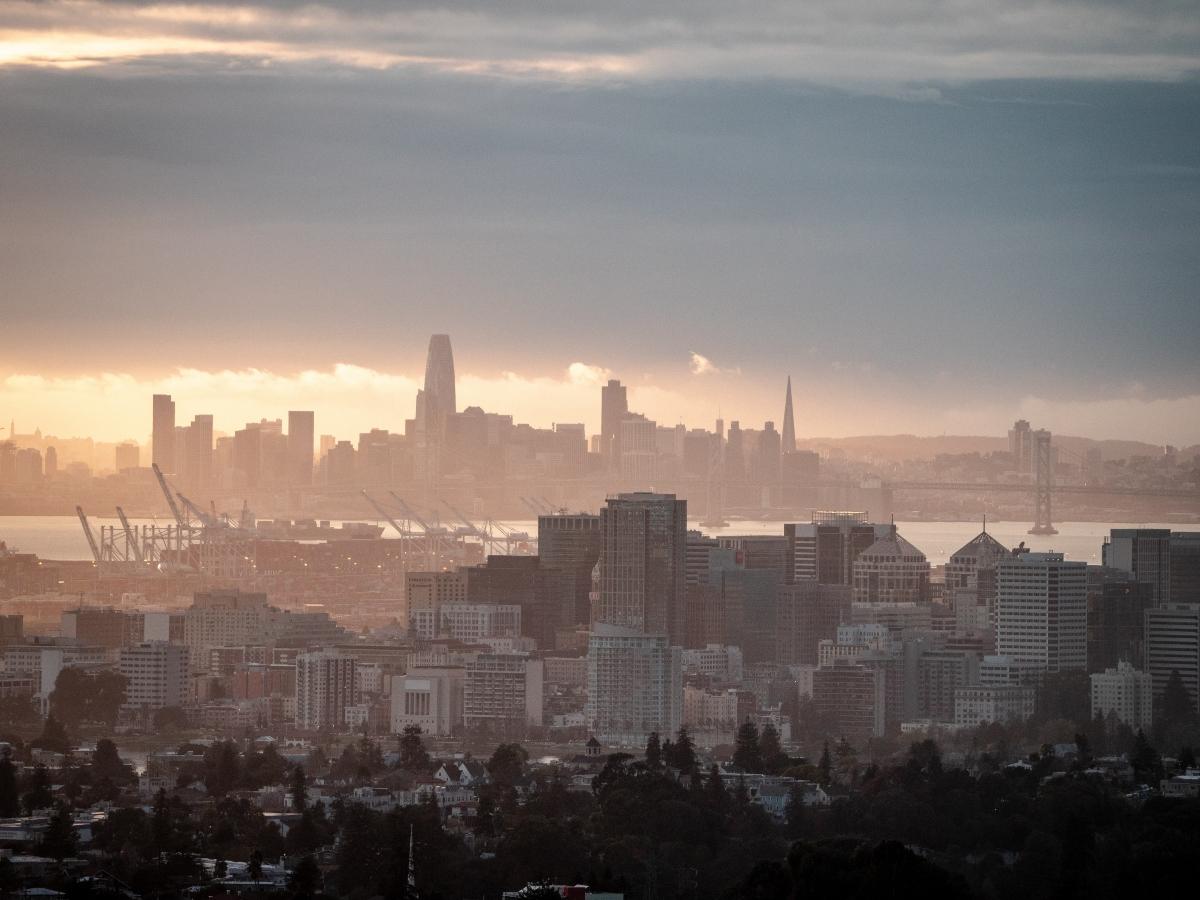
Air Pollution In the Bay Area Is Still a Major Concern
Air pollution in the Bay Area isn't as bad as it was a decade ago, but still poses a large threat to public health.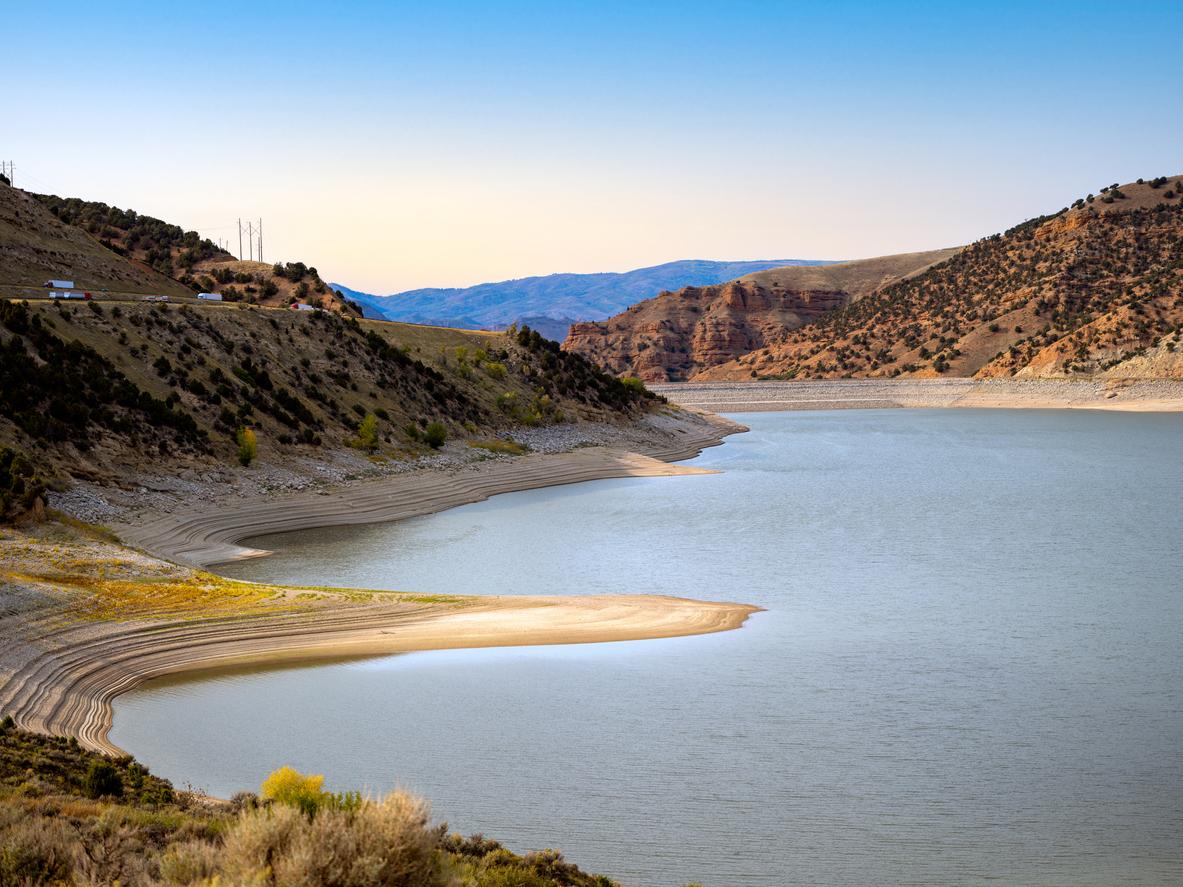
What to Know About Utah's Ongoing Drought
Utah is in a drought consistently, with conditions ranging from moderate to extreme.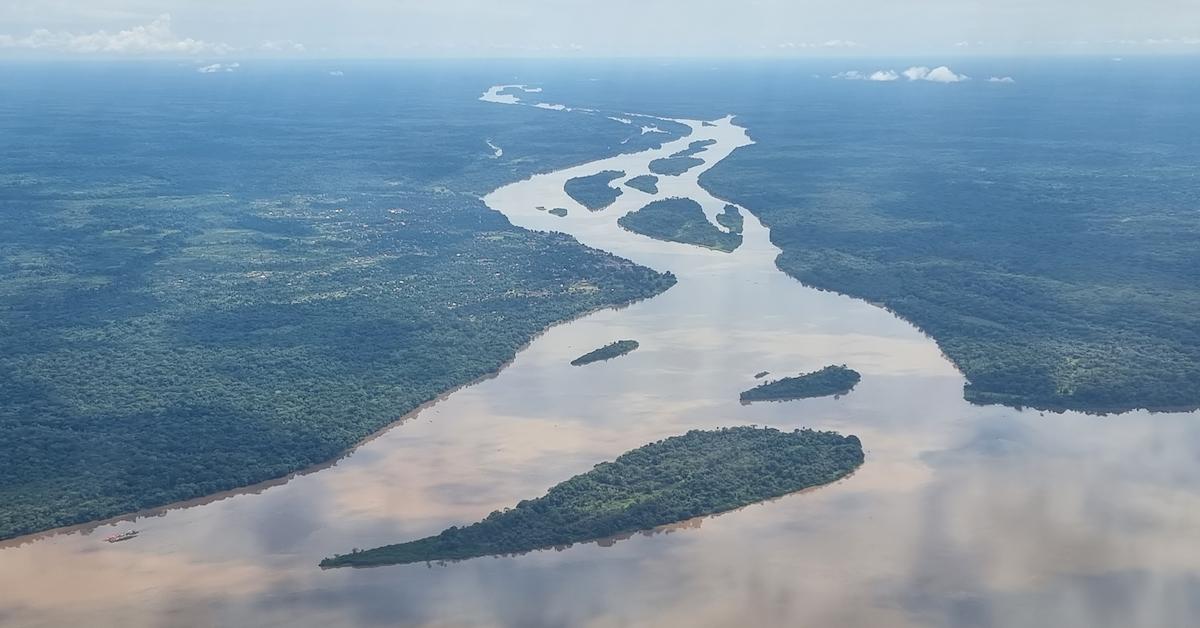
The Democratic Republic of the Congo’s Fatal Floods: What Caused Them, and How to Help
Over the last week, the Democratic Republic of the Congo has endured devastating floods, that have left hundreds dead.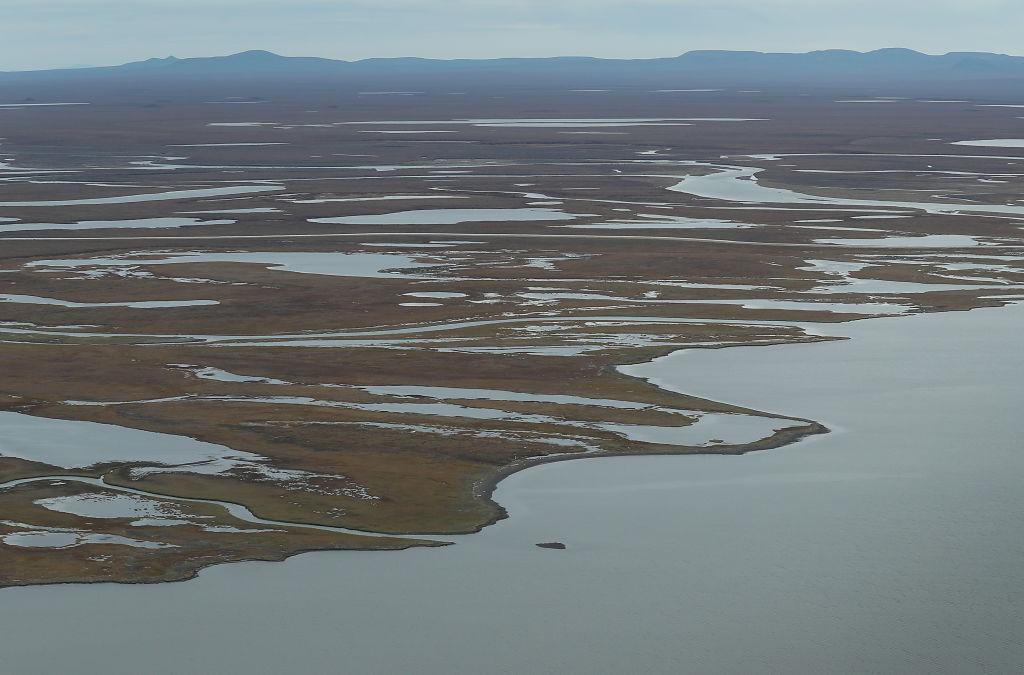
With Temperatures Increasing in the Arctic, Ancient Permafrost Viruses Are Waking Up
If temperatures continue rising, permafrost viruses could become a real problem.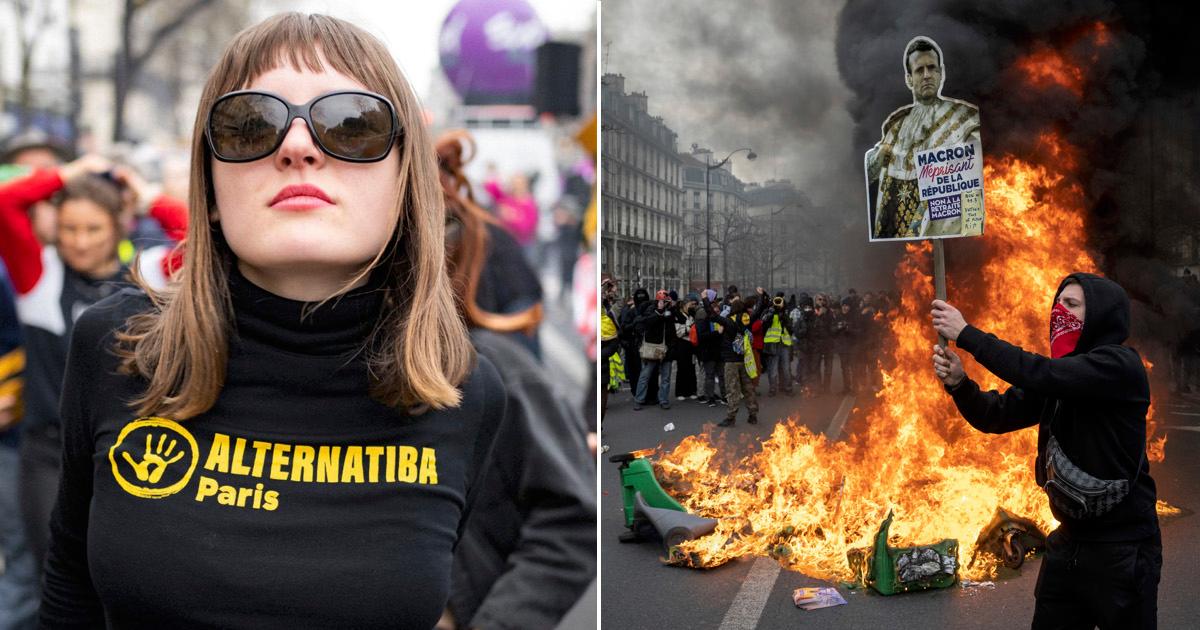
Why Climate Activists Are Protesting France Changing the Retirement Age (Exclusive)
In France, climate activists are fighting against the proposed new retirement age.
Turbulence Is Getting Worse on Planes — Here’s Why
Turbulence is getting worse and a lot of people are wondering why. Keep reading to learn more about how climate change impacts air travel.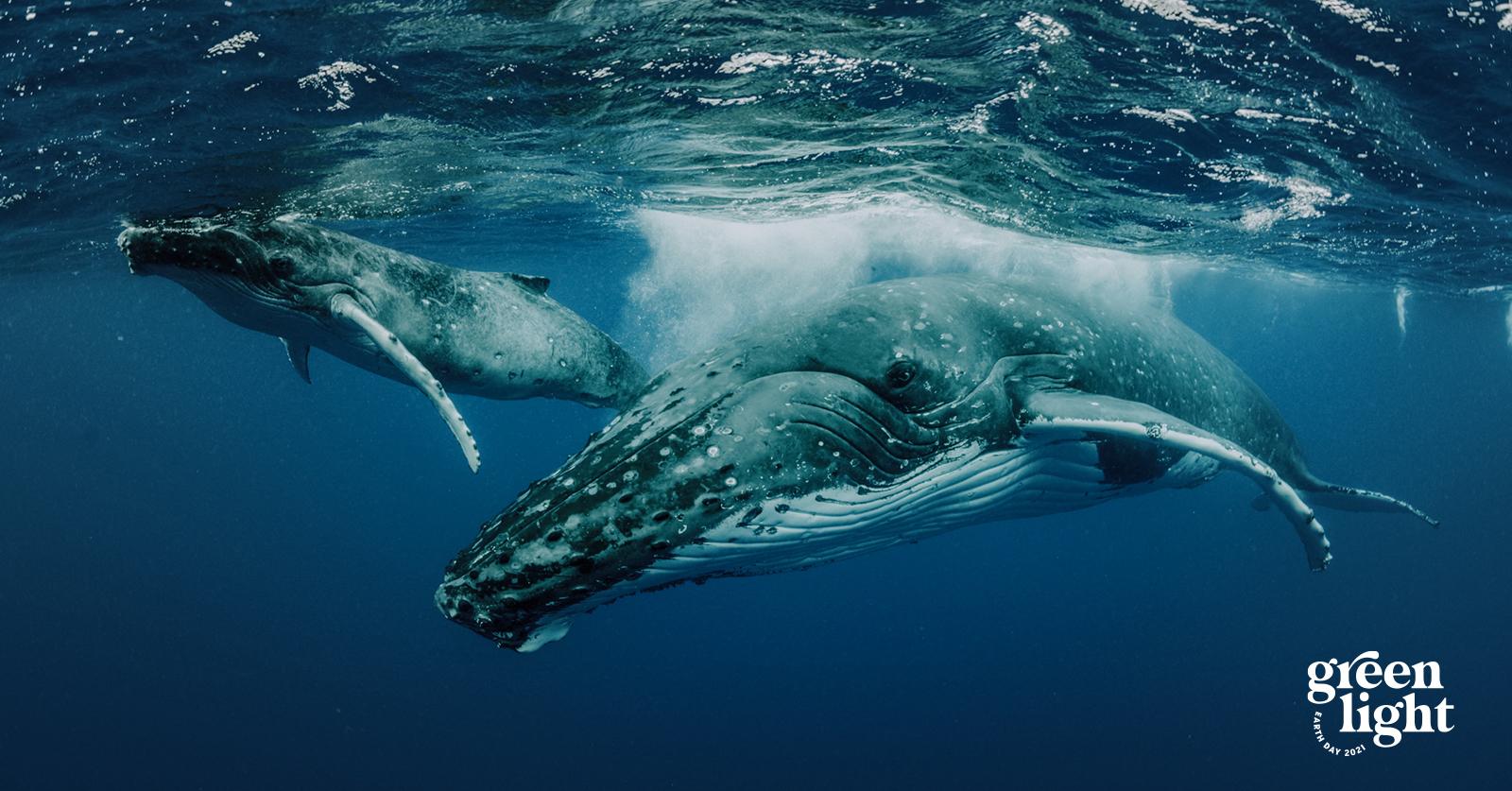
8 Eco-Charged Documentaries to Inspire You This Earth Day
These Earth Day documentaries are the perfect way to get out of your head and get filled in on the problems our planet is currently facing.
7 Earth Day Celebrations From Around the World
All over the world, people are coming together to celebrate Earth Day in their own unique ways.